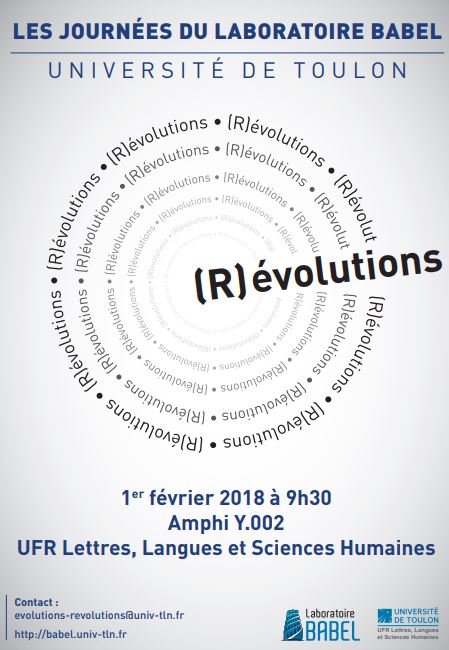The Arab Spring has provided space for previously marginalized female activism to participate in democratic processes, which has created a shift in feminist politics. Female Islamist activists have particularly gained legitimacy in the context of the Arab Spring which has brought the Justice and Development conservative political party into power. This has contributed to a movement from an elite liberal state feminism to a more legitimate religious activism. This has also introduced new spaces for contention, such as the emerging nuanced female political and civic expression(s). That said, the visibility of religiously-inspired female activism was shortly subjected to discursive othering and marginalization through the construction of a state-sanctioned Islamic feminist discourse. This paper therefore seeks to explore the broader political implications of the disputed label ‘Islamic feminism’ in the context of the state’s co-optation and marginalization processes. I argue that the systemic marginalization religisouly-inspired social agents shrinks down the public space and undermines the ‘woman question’ and the expanded possibilities for women’s socio-political empowerment. Therefore, although the Moroccan religious sphere is pluralistic to a significant extent, it is also deeply centralized and institutionalized. Morocco comprises competing interpretations of Islam, the authority of which is determined by what the state favors as more ‘legitimate’. One can therefore deduce that the state’s hegemonic structures though can be conducive but mostly impeding to religiously-inspired activism with its different strands (state-based and non-state). These movements navigate the tension between conformity and opposition to existing structures, while they occasionally maneuver to expand political spaces by creating alternative structures. That said, it is within the negotiation of the dynamics of opposition and co-optation that female religiously inspired movements or expressions have the potential of re-framing new social demands, and constructing new approaches to political participation to problematize and redefine the ‘mainstream’ as well as developing narratives and mechanisms to naturalize their visibility and mobility in the public space.

20 décembre 2017

